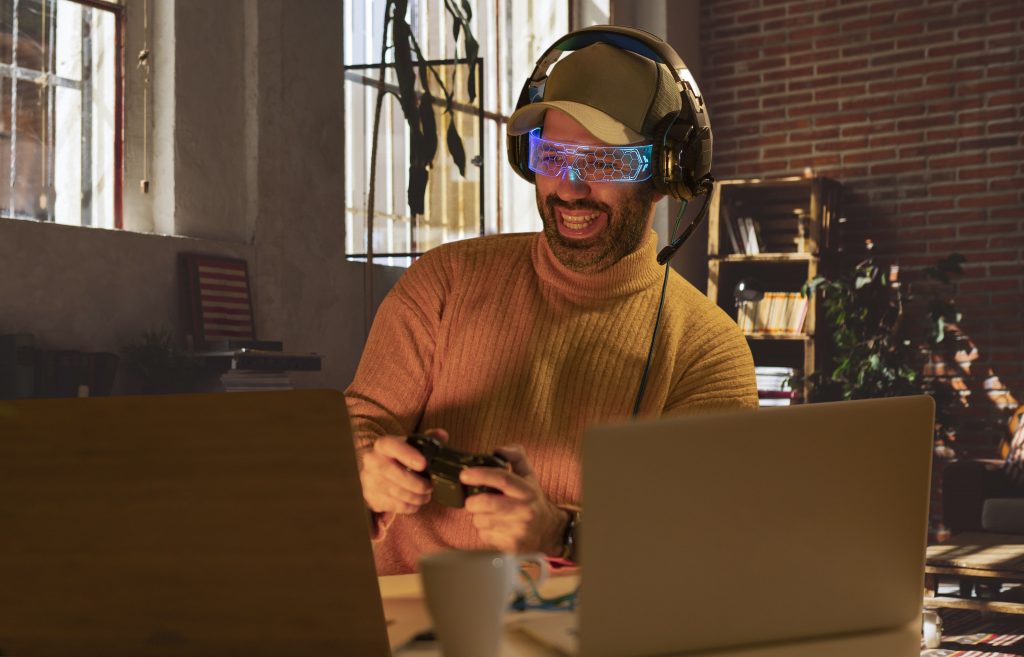Gaming addiction is a complex issue, and it can have devastating consequences for a person’s social skills. It can affect relationships at home and in the workplace, and it can even lead to mental health problems like depression.
Online gaming is a form of gaming that involves interaction with other people, and it can be played on computers, smartphones or other devices. While some games are free, others may require payments to unlock special features or functionality.
Some video games are designed to encourage pro-social behaviors, such as cooperation and socially responsible behavior. Studies have found that playing these games can improve children’s social skills.
In these games, players have to make connections with other players and work together to achieve goals. These connections can be made by talking to other players or interacting with characters. These characters can be based on real people, or they can be AI-based.
Despite the negative associations of gaming with anti-social and violent behavior, many of these games are actually helpful in teaching social skills.
One study of children on the autism spectrum found that playing a game that promotes social skills improved their abilities to interact with other people. In addition, the kids who played a game that encouraged pro-social behavior reported fewer feelings of hostility and more willingness to help others when they weren’t playing the video game.
It’s not just the video game itself that has an impact on social skills; it’s the amount of time spent playing that makes a difference, too. Some studies have found that teenagers who spend more time playing video games than their peers have lower social skills.
This is especially true for young people who aren’t well-developed socially, such as those on the autism spectrum. It’s not hard to see why these gamers would choose to spend their time in virtual worlds over face-to-face interactions.
They also might feel more comfortable in these environments because they don’t have to be as physically active.
Besides these social benefits, games have been linked to a variety of other positive effects on children’s lives, including improving their academic performance. Researchers have also observed that these games can help children develop their emotional intelligence and reduce bullying.
Some studies have also suggested that these social effects may be related to the way in which gaming encourages cooperation and cooperation between players. This is because pro-social video games encourage players to cooperate and help others by letting them earn rewards.
These rewards are often in the form of items or experience points. These rewards can be used to purchase equipment or other upgrades in the game, as well as to progress faster.
Another type of reward that can be received by playing video games is a sense of accomplishment. This can be a very important determinant in whether or not someone will want to play video games for long periods of time.
The social skills that children and adolescents learn through gaming are vital to their future success in school, work and other areas of life. In fact, many experts believe that the social skills children learn from gaming are a major contributor to their overall wellbeing and happiness.

